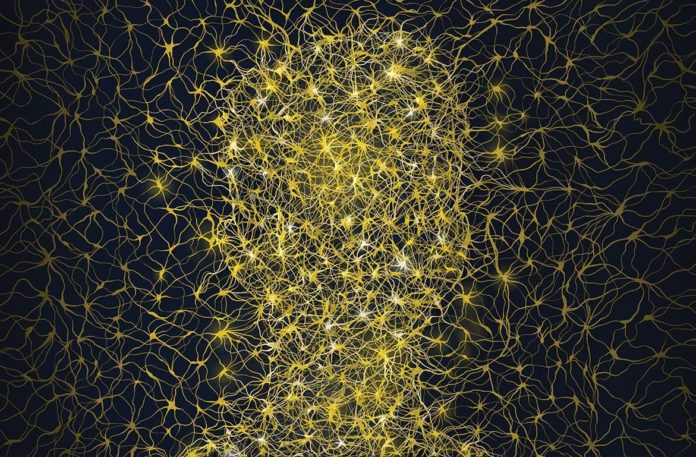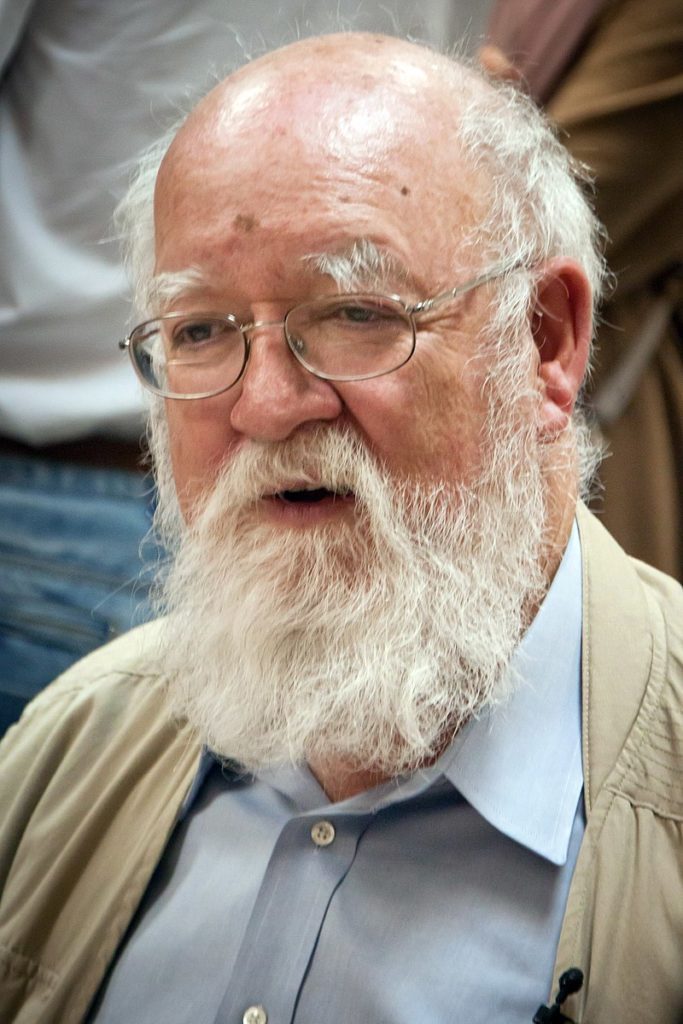Recent research has clearly demonstrated that psychedelic inebriation is associated with decreased activity in the brain. That’s right: the more vivid the imagery and insights that you access in your “trip,” the less active the brain is. This is the exact opposite of what might be expected if the brain creates consciousness, as the materialist scientists want to believe.
Instead, it appears that the brain is to consciousness as our laptop computer is to the Internet: in either case, the death of the former does not entail the death of the latter. If our laptop dies, the Internet continues unaffected; likewise if our brain dies, the consciousness that it was channeling does not disappear.
This research has profound implications for human beings, especially when combined with the testimony of patients who have recovered from near-death experiences and comas, only to relate detailed and accurate memories of the events that transpired around them during the time when they were clinically brain-dead. Such results imply that we may well be immortal, not in the form of our physical bodies (thank God), but rather as a subset of a conscious ocean of which the universe appears to exist.
In light of these latest findings, however, the drug war looks more sinister than ever. It’s bad enough that the drug warrior is enforcing a sort of Christian Science Sharia by barring us from using plants to improve our mental health; it’s even worse when we realize that the plants that they are thus criminalizing may be precisely those that lead us to a profounder truth about the world, plants whose reverent use brings us closer to the true nature of the universe, to a world of pure consciousness beyond the sense-limiting filters of our sober brains. Such plants should be readily available in an enlightened world, to help us understand and make our peace with what we used to call “death,” but which we should henceforth refer to as mere “transformation.”
But our superstitious drug laws combine with our chic materialism to discourage exploration of consciousness (which is not surprising since some leading scientists, like Daniel Dennett, claim that consciousness does not even exist).
The good news is that while consciousness may well be immortal, the drug war is not. When the drug warrior dies, he or she will have to deal with expanded consciousness like the rest of us. They won’t be able to buy button-pushing 30-second spots to explain why humans have a patriotic obligation to avoid such experiences.
The bad news is that our governments has forbidden us to so much as peek at this reality until we shuffle off our mind-limiting mortal coil, thereby forcibly preventing us from communing with what may well be the ultimate nature of reality – a drug-enforcement policy that is the very definition of religious oppression.

